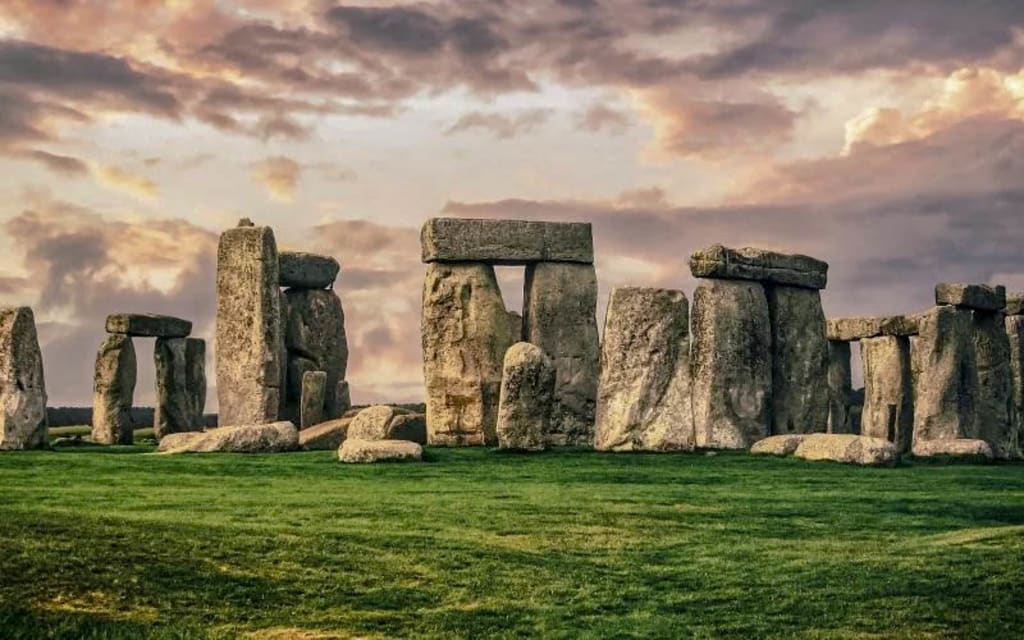Unveiling the Past:
Exploring Historical Archaeology and the Tapestry of Recent Human History

Introduction:
Historical archaeology serves as a bridge between the written records of the past and the material remains left behind by human societies. In this article, we delve into the captivating realm of historical archaeology, exploring its significance in unraveling the complexities of recent human history. From colonial settlements to industrial landscapes, we embark on a journey through time, uncovering the hidden stories and forgotten treasures that shape our understanding of the modern world.
Understanding Historical Archaeology:
Historical archaeology focuses on the study of human societies through the examination of material culture and documentary sources from the recent past. Unlike prehistoric archaeology, which relies primarily on archaeological evidence, historical archaeology integrates written records, oral histories, and archival research to reconstruct past lifeways and societal dynamics.
By excavating sites associated with documented historical events or periods, historical archaeologists piece together narratives of everyday life, social relations, economic activities, and cultural practices. From urban neighborhoods to rural farmsteads, each archaeological site offers a window into the lived experiences of past generations and sheds light on the forces that shaped their world.
Key Themes in Historical Archaeology:
Historical archaeology encompasses a diverse array of themes and topics, reflecting the multifaceted nature of recent human history. Some key areas of study include colonialism and imperialism, slavery and resistance, industrialization and urbanization, immigration and diaspora, and globalization and cultural exchange.
Through the lens of historical archaeology, researchers explore the legacies of colonialism and imperialism, examining the material traces of European expansion and indigenous responses to colonization. From colonial forts to plantations, these sites bear witness to the intersecting histories of conquest, exploitation, and cultural encounter that shaped the modern world.
Similarly, the study of slavery and resistance highlights the experiences of enslaved individuals and their efforts to resist oppression and assert their humanity. Archaeological investigations of slave quarters, resistance sites, and maroon communities provide insights into the daily struggles and acts of resistance that characterized the institution of slavery.
Challenges and Interpretations:
Historical archaeology faces several challenges, including preservation issues, interpretation biases, and the ethical implications of archaeological research. Preservation of historical sites is essential to ensure their survival for future generations, yet factors such as urban development, industrialization, and looting threaten to erase tangible links to the past.
Interpretation of historical archaeological evidence is also subject to biases and preconceptions, as researchers navigate the complexities of reconstructing past societies from fragmentary remains and incomplete records. By adopting interdisciplinary approaches and engaging with diverse perspectives, historical archaeologists strive to produce nuanced interpretations that challenge dominant narratives and amplify marginalized voices.
Implications for the Present and Future:
The study of historical archaeology has profound implications for the present and future, offering insights into contemporary issues such as heritage preservation, cultural identity, and social justice. By uncovering the hidden histories of marginalized communities and challenging prevailing narratives of the past, historical archaeology contributes to broader discussions about power, inequality, and social change.
Furthermore, historical archaeology fosters a sense of connection to our shared human heritage, reminding us of the enduring relevance of the past to the present. As we confront the challenges of the modern world, the lessons of historical archaeology serve as guideposts for navigating complex issues such as globalization, environmental sustainability, and cultural heritage preservation.
Conclusion:
Historical archaeology stands at the crossroads of past and present, offering a lens through which to explore the complexities of recent human history. From the remnants of colonial settlements to the traces of industrial landscapes, each archaeological site tells a story of struggle, resilience, and adaptation in the face of change. As we continue to unravel the mysteries of the past, let us honor the legacies of those who came before us and strive to build a future that is grounded in empathy, justice, and respect for diverse perspectives. Through the transformative power of historical archaeology, we can uncover the hidden stories and forgotten treasures that shape our understanding of the modern world and inspire us to create a more equitable and sustainable future for generations to come.
About the Creator
Mohamed Ali
Mohamed Ali is a passionate writer and researcher with a keen interest in exploring the complexities of human behavior and society through the lens of sociology. With a background in sociology and psychology.






Comments
There are no comments for this story
Be the first to respond and start the conversation.